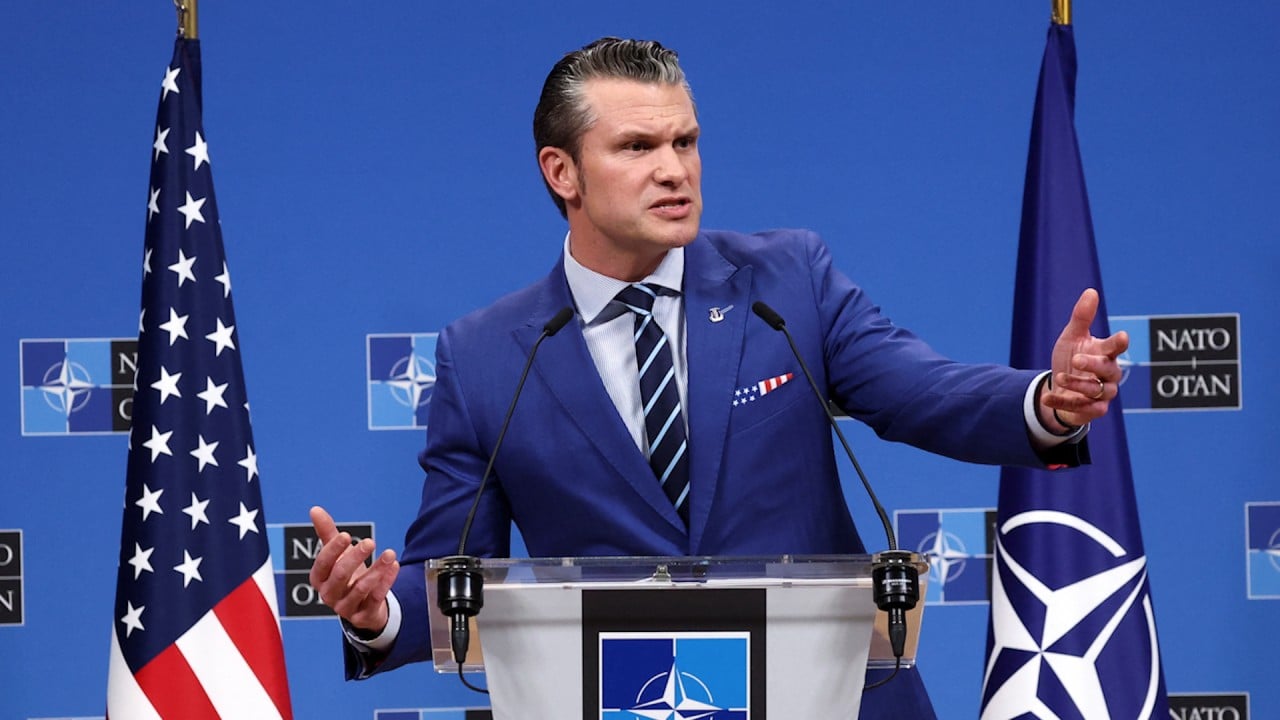A Washington-based think tank has proposed a major overhaul of the US Intelligence Community’s early-warning capabilities to deter the People’s Liberation Army from forcibly taking Taiwan.
Advertisement
The proposal written by Scott Berrier, a retired US Army lieutenant-general, and published on Thursday by the Atlantic Council, advocates for a real-time, integrated intelligence system that spans all domains – space, cyber, air, sea and land.
“The side that sees first decides first, and the one that acts first will have the advantage,” Berrier asserts in the brief, emphasising the need for speed and integration in modern warfare.
The proposal suggests a fundamental shift in how intelligence is collected, analysed and shared. It urged the 18 independent agencies within the community – which includes the intelligence arms of each branch of the US military as well as bodies such as the CIA, FBI, National Security Agency, Treasury and Department of Energy – to “overcome silos that hinder national security”.
Berrier, who is a senior fellow at the think tank’s Indo-Pacific Security Initiative, highlights the critical need for a unified, agile approach to intelligence that uses advanced technologies such as AI to enable faster, more accurate decision making.
Advertisement
This was crucial because the People’s Liberation Army (PLA) used cyber power rather than traditional firepower to pressure Taiwan, the report said.


